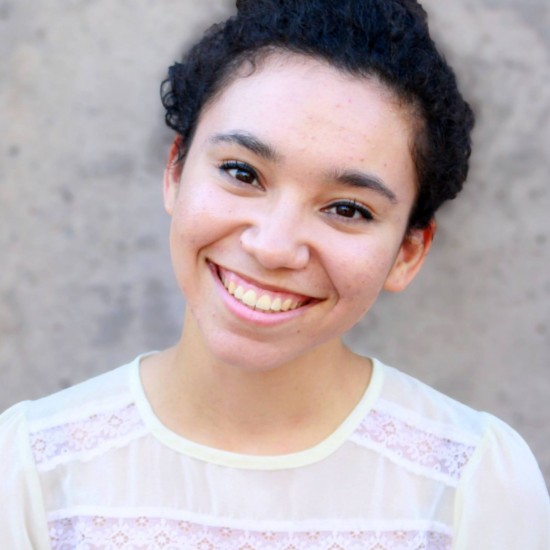Britain’s first black female High Court judge opens up about racism at the barPosted in Articles, Biography, Law, Media Archive, United Kingdom, Videos, Women on 2016-04-02 21:02Z by Steven |
Britain’s first black female High Court judge opens up about racism at the bar
Legal Cheek
London, United Kingdom
2016-03-30
Katie King, Reporter
Clerks would Tippex out her name on briefs and write in the name of male pupil they wanted to be the tenant
Dame Linda Dobbs has exposed shameful incidents of racism and sexism at the bar, particularly from her own clerks, in a revealing interview for the First 100 Years project — an ambitious video history which aims to highlight and celebrate the achievements of female lawyers in a profession long dominated by men. The extent of that domination is starkly revealed by the project’s timeline:…
…In the video the Sierra Leone born judge, and University of Surrey grad, recalls that attitudes to women in the profession were very different when she was called to the bar in 1981. One major hurdle for the now 65 year-old was the attitude of the many solicitors who did not want to instruct a woman, either because they, or, more likely, their client, considered them to be inferior…
Read the entire article here.




